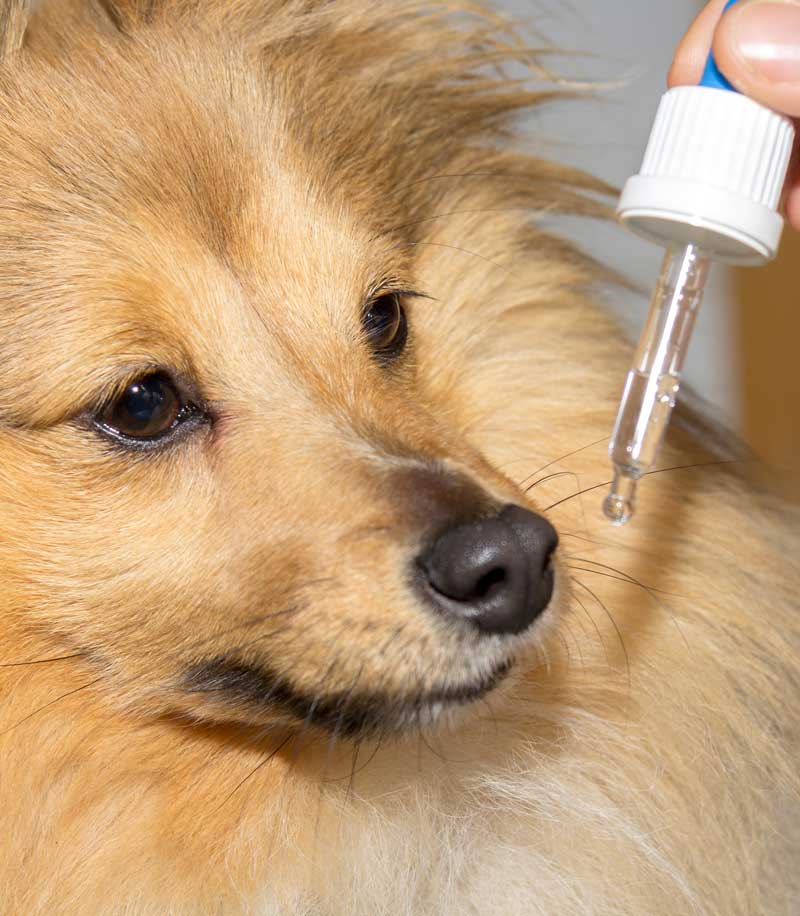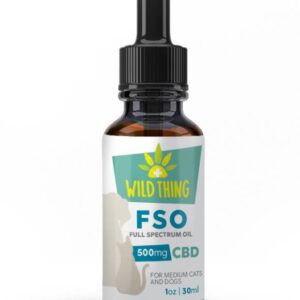As is too common in today’s world, there are innumerable forms of cancer afflicting both humans and our beloved pets. Lung Cancer, although it is not very prevalent in man’s best friends, is still a very serious and life-altering illness when it does occur.
Lung Cancer (Adenocarcinoma) is often more widespread in short-snout breeds or older canines, however due to environmental factors or genetic mutations this affliction can be difficult to prevent unless special care and attention is paid to your dog’s signs & symptoms.
Ailment Guides:
Hearing Loss In Dogs
Thyroid Problems In Dogs
Cushings Disease In Dogs
canine cancer
What are the types of Lung Cancer?
Pulmonary adenocarcinoma
‘Primary’ lung cancer occurs when a tumor forms in the lungs. This type of cancerous tumor is less common than its counterpart metastatic adenocarcinoma, but is nonetheless aggressive and can spread throughout your dog’s body quickly if not diagnosed/treated in time.
Metastatic adenocarcinoma
Otherwise known as ‘secondary’ lung cancer, originates in a different area of the body, but the cancerous cells or tumors metastasize – or spread from one area of the body to another – into the lungs. This form of lung cancer is much more common than primary pulmonary adenocarcinoma.
Because the lungs are so critical to the management of oxygen into blood, and the expulsion of CO2 from the body, Metastatic tumors are often found in clusters or groups in the lungs. This makes it more difficult to locate and treat the tumors, not to mention that when cancerous cells metastasize from one part of the body they’re often present in other areas in addition to the lungs.
What causes Lung Cancer?
Dogs are often involved in most of their owners’ day, separated only by work or travel. Due to their loyal nature, canines usually don’t stray far from their beloved human family – even when people decide to engage in activities that may not be safe for their pets.
Smoking, cleaning with harsh chemicals, and exposure to a variety of potentially toxic substances found in many homes (like asbestos, lead-based paints, etc.) can have very serious long-term effects on your dog.
As mentioned previously, small-medium sized breeds with short snouts (such as Boxers, Pugs, Terriers, etc.) can be more susceptible to Lung Cancer. This is possibly due to the abruptness of the nasal passages having less time/passage through the snout’s filtration.
In addition to short-muzzle dogs, canines aged 7 years or older can be more prone to pulmonary adenocarcinoma due to exposure to environmental toxins, genetic mutations inherent in a dog’s DNA, or a variety of situational/lifestyle factors.
For these reasons, it is important for urban-living pet owners and their dogs to be cognizant of the day-to-day interactions with pollutants, toxins and chemicals that can cause lung cancer. Pulmonary adenocarcinoma is a severe ailment, and like any form of cancer the best treatment is to minimize the possibilities of developing this serious illness.
What Symptoms to Look for in Your Dog:
Pulmonary Adenocarcinoma is repeatedly difficult to notice as the symptoms for it aren’t usually obvious to a dog’s owner. In its early stages, lung cancer only manifests in your dog’s behavior as lack of energy, decreased appetite or general tiredness. These indicators are synonymous with other ailments, so if you’re concerned about your dog’s health & wellness, it is always recommended that you take your canine to the vet at the first sign of any change in behavior.
- Chronic Cough (no phlegm, but presence of blood)
- Constant Sneezing/Wheezing
- Shortness of Breath, Difficulty Breathing
- Low Energy
- Poor Appetite
- Weight Loss
- Frailty/Lameness
- Pain
- Reluctance for Physical Activity
- Bloody Urine/Stool
- Pockets of Fluid in Abdomen
Learn More:
Cbd For Nausea Treatment In Dogs And Cats
Cold Weather Pet Safety Tips From Ears To Paws
Puppy Development Stages
CBD Oil for Lung Cancer in Dogs
A growing number of pet owners are using CBD oil for dogs with cancer to support good health and help to ease some of their symptoms, such as pain, nausea, anxiety and sleep deprivation.
CBD oils and treats can assist in the prevention of infections and potentially in the reduction of tumors. CBD oil for dogs with cancer can also help to manage pain reception in the brain and generally provide a boost to your dog’s immune system. Think of CBD as your dog’s life-jacket in this sense – your dog is still the one doing the swimming, but the life-preserver gives your dog the best chance to make the attempt to safety/health.
Cannabidiol can support your dog’s overall health in many ways. Although more research is required before it can be determined that it has potential as a treatment for cancer, CBD oil for dogs with lung cancer can help to ease their suffering. Certain symptoms of cancer or cancer treatment – such as lethargy, nausea, insomnia, pain, swelling and lack of appetite – can be reduced with regular CBD use. CBD has shown that it can ease pain & inflammation, help your dog sleep consistently, may reduce nausea and can stimulate appetite, as well as relax any nervousness or anxiety associated with their poor health.
CBD oil is an excellent option because it can be dosed under your dog’s tongue or added to food/treats/water if they are partial to the taste. Try CBD oil for easing your dog’s cancer symptoms or related health issues.
Ailment Guides:
Cbd For Puppies How To Care For Your Teething Puppy
Can Your Dog Get A Cold
Lung Cancer In Dogs










